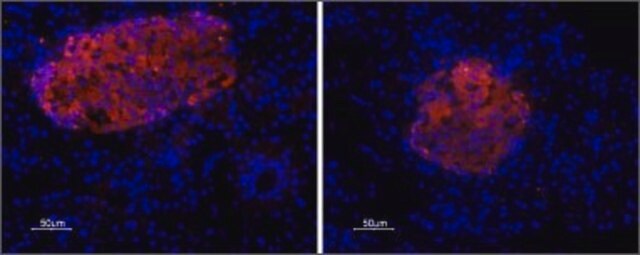S2130
5-Sulfosalicylic acid dihydrate
ReagentPlus®, ≥99%
Sinónimos:
2-Hydroxy-5-sulfobenzoic acid
About This Item
Productos recomendados
Quality Level
product line
ReagentPlus®
assay
≥99%
mp
105-110 °C (lit.)
solubility
water: soluble 100 mg/mL, clear, colorless
functional group
carboxylic acid
sulfonic acid
SMILES string
[H]O[H].[H]O[H].OC(=O)c1cc(ccc1O)S(O)(=O)=O
InChI
1S/C7H6O6S.2H2O/c8-6-2-1-4(14(11,12)13)3-5(6)7(9)10;;/h1-3,8H,(H,9,10)(H,11,12,13);2*1H2
InChI key
BHDKTFQBRFWJKR-UHFFFAOYSA-N
¿Está buscando productos similares? Visita Guía de comparación de productos
Categorías relacionadas
General description
Application
- Efficient transfer hydrogenation of biomass-derived furfural to furfuryl alcohol over mesoporous Zr-containing hybrids: This research uses 5-sulfosalicylic acid as a ligand to enhance catalytic efficiency, demonstrating potential applications in biofuel production (J Yang et al., 2022).
- Synthesis of polyaniline/5-sulfosalicylic acid composite and its electrochemical properties: Investigates the synthesis of a composite material that exhibits promising electrochemical properties, useful for developing advanced electronic materials (RM Bandeira et al., 2020).
- Controllable 5-sulfosalicylic acid assisted solvothermal synthesis of monodispersed superparamagnetic Fe3O4 nanoclusters: Highlights the role of 5-sulfosalicylic acid in controlling the size and dispersion of magnetic nanoparticles, crucial for various technological applications (W Wang et al., 2017).
Legal Information
signalword
Danger
hcodes
Hazard Classifications
Eye Dam. 1 - Skin Corr. 1B
Storage Class
8A - Combustible corrosive hazardous materials
wgk_germany
WGK 1
flash_point_f
Not applicable
flash_point_c
Not applicable
ppe
dust mask type N95 (US), Eyeshields, Gloves
Elija entre una de las versiones más recientes:
Certificados de análisis (COA)
¿No ve la versión correcta?
Si necesita una versión concreta, puede buscar un certificado específico por el número de lote.
¿Ya tiene este producto?
Encuentre la documentación para los productos que ha comprado recientemente en la Biblioteca de documentos.
Los clientes también vieron
Nuestro equipo de científicos tiene experiencia en todas las áreas de investigación: Ciencias de la vida, Ciencia de los materiales, Síntesis química, Cromatografía, Analítica y muchas otras.
Póngase en contacto con el Servicio técnico










